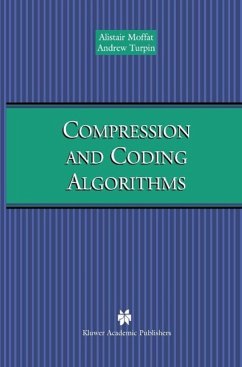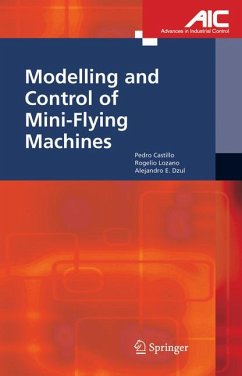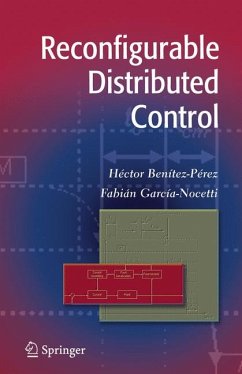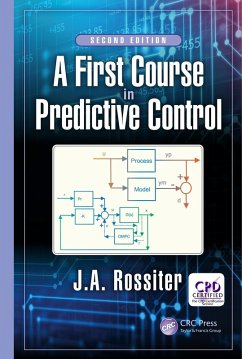
Fuzzy Logic, Identification and Predictive Control (eBook, PDF)
Versandkostenfrei!
Sofort per Download lieferbar
112,95 €
inkl. MwSt.
Weitere Ausgaben:

PAYBACK Punkte
56 °P sammeln!
The complexity and sensitivity of modern industrial processes and systems increasingly require adaptable advanced control protocols. These controllers have to be able to deal with circumstances demanding "judgement" rather than simple "yes/no", "on/off" responses, circumstances where an imprecise linguistic description is often more relevant than a cut-and-dried numerical one. The ability of fuzzy systems to handle numeric and linguistic information within a single framework renders them efficacious in this form of expert control system.Divided into two parts, Fuzzy Logic, Identification and P...
The complexity and sensitivity of modern industrial processes and systems increasingly require adaptable advanced control protocols. These controllers have to be able to deal with circumstances demanding "judgement" rather than simple "yes/no", "on/off" responses, circumstances where an imprecise linguistic description is often more relevant than a cut-and-dried numerical one. The ability of fuzzy systems to handle numeric and linguistic information within a single framework renders them efficacious in this form of expert control system.
Divided into two parts, Fuzzy Logic, Identification and Predictive Control first shows you how to construct static and dynamic fuzzy models using the numerical data from a variety of real-world industrial systems and simulations. The second part demonstrates the exploitation of such models to design control systems employing techniques like data mining.
Fuzzy Logic, Identification and Predictive Control is a comprehensive introduction to the use of fuzzy methods in many different control paradigms encompassing robust, model-based, PID-like and predictive control. This combination of fuzzy control theory and industrial serviceability will make a telling contribution to your research whether in the academic or industrial sphere and also serves as a fine roundup of the fuzzy control area for the graduate student.
Advances in Industrial Control aims to report and encourage the transfer of technology in control engineering. The rapid development of control technology has an impact on all areas of the control discipline. The series offers an opportunity for researchers to present an extended exposition of new work in all aspects of industrial control.
Divided into two parts, Fuzzy Logic, Identification and Predictive Control first shows you how to construct static and dynamic fuzzy models using the numerical data from a variety of real-world industrial systems and simulations. The second part demonstrates the exploitation of such models to design control systems employing techniques like data mining.
Fuzzy Logic, Identification and Predictive Control is a comprehensive introduction to the use of fuzzy methods in many different control paradigms encompassing robust, model-based, PID-like and predictive control. This combination of fuzzy control theory and industrial serviceability will make a telling contribution to your research whether in the academic or industrial sphere and also serves as a fine roundup of the fuzzy control area for the graduate student.
Advances in Industrial Control aims to report and encourage the transfer of technology in control engineering. The rapid development of control technology has an impact on all areas of the control discipline. The series offers an opportunity for researchers to present an extended exposition of new work in all aspects of industrial control.
Dieser Download kann aus rechtlichen Gründen nur mit Rechnungsadresse in A, B, BG, CY, CZ, D, DK, EW, E, FIN, F, GR, HR, H, IRL, I, LT, L, LR, M, NL, PL, P, R, S, SLO, SK ausgeliefert werden.













